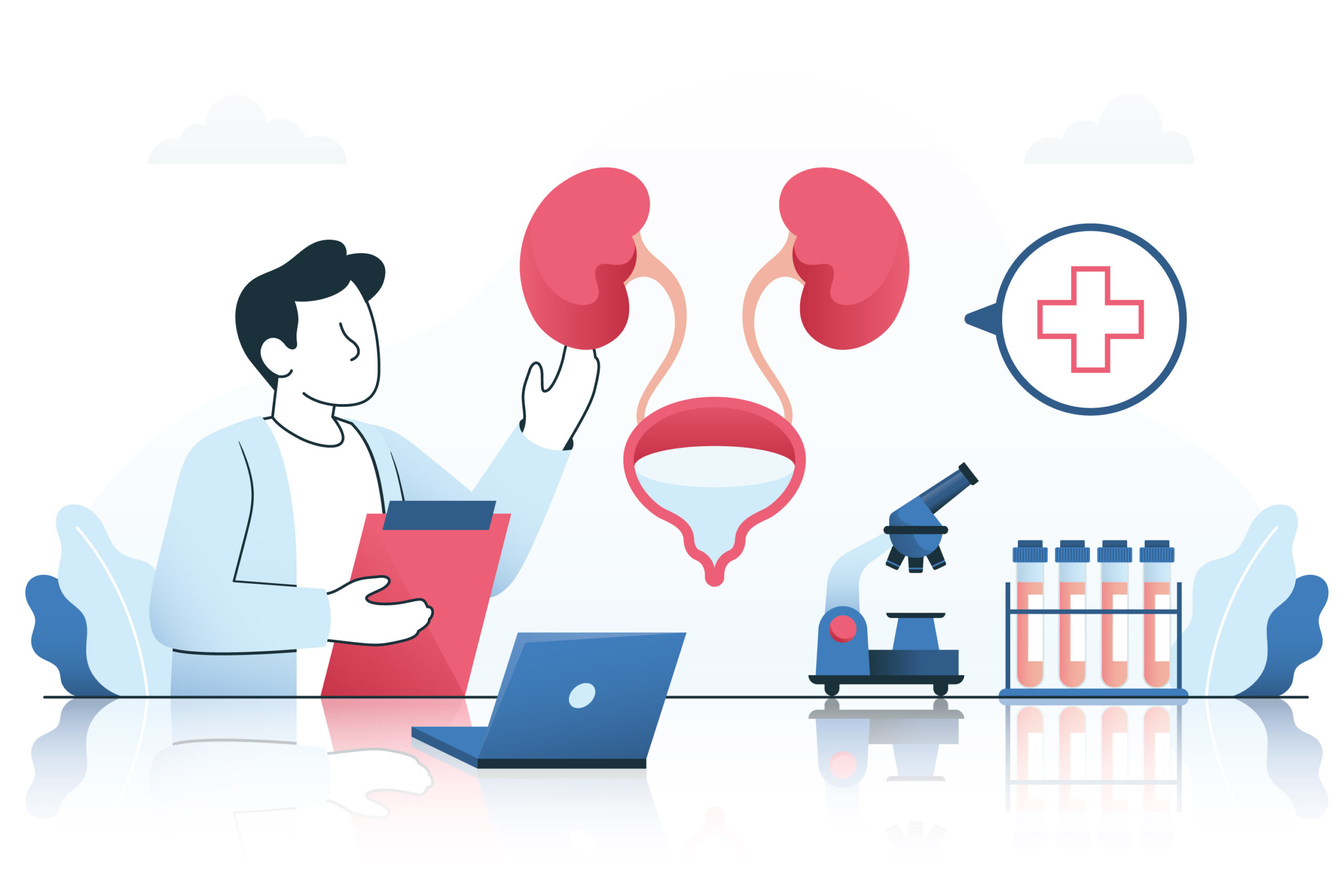
Nephrology care is crucial for individuals facing kidney-related issues, and the pathway from diagnosis to treatment involves several stages that require the expertise of skilled medical professionals and specialized healthcare services. In Brooklyn, a diverse borough with a mix of residents, nephrology care is a growing area of importance. Patients with kidney disease need timely diagnoses, personalized treatments, and long-term management plans. Understanding how nephrology care works in Brooklyn can help individuals with kidney problems navigate their health journey effectively.
The Role of Early Diagnosis in Kidney Care
The first step in nephrology care is diagnosis, which is critical for determining the extent and nature of kidney disease. Nephrologists in Brooklyn are trained to identify kidney problems early on, often before patients experience noticeable symptoms. Regular check-ups, blood tests, and urine analysis can provide valuable insights into kidney function. Blood pressure, blood sugar levels, and family history also play a crucial role in the early diagnosis of kidney disease.
During the diagnosis phase, nephrologists assess several factors, including the glomerular filtration rate (GFR), a crucial measure of kidney function. The results of these tests allow nephrologists to classify kidney disease into different stages, ranging from mild dysfunction to advanced kidney failure. Early diagnosis in Brooklyn ensures that patients receive prompt care, slowing disease progression and allowing them to manage symptoms more effectively.
Personalized Treatment Plans for Kidney Disease
Once a diagnosis is made, nephrologists in Brooklyn develop personalized treatment plans tailored to each patient’s needs. These plans may vary depending on the stage of kidney disease and other underlying conditions that could complicate the treatment process. Nephrology care in Brooklyn is focused on patient-centered approaches, emphasizing treatments that align with the patient’s lifestyle, health goals, and preferences.
For individuals with early-stage kidney disease, treatment typically involves lifestyle modifications, including adjustments to diet, blood pressure control, and blood sugar management. Physicians may also prescribe medications to help prevent further kidney damage. As kidney disease progresses, more intensive treatments may be required, such as dialysis or even kidney transplantation. Nephrologists work closely with patients to explore all available options and ensure the treatment path aligns with the patient’s overall health needs.
The Importance of Dialysis in Nephrology Care
For patients with end-stage renal disease (ESRD), dialysis becomes a crucial part of their treatment. Dialysis helps the body perform the functions of the kidneys when they are no longer capable of filtering waste on their own. In Brooklyn, dialysis centers are widely accessible, ensuring that individuals with end-stage renal disease (ESRD) receive the necessary care.
There are two main types of dialysis: hemodialysis and peritoneal dialysis. Hemodialysis involves a machine that filters the blood outside the body, while peritoneal dialysis uses the lining of the abdomen to filter waste. Nephrologists in Brooklyn carefully evaluate which dialysis method would be most suitable for each patient, taking into account their overall health, lifestyle, and preferences.
The availability of dialysis in Brooklyn is a significant factor in improving the quality of life for individuals with kidney failure. In addition to dialysis treatment, nephrologists emphasize the importance of follow-up care, which includes routine testing, medication management, and monitoring for potential complications, such as infections. By providing comprehensive dialysis care, nephrologists help patients maintain a good quality of life even as they manage the challenges of kidney failure.
Transplantation: A Long-Term Solution
For those who reach the most severe stages of kidney disease, a kidney transplant may offer the best chance for a better life. Kidney transplantation is a complex process that involves finding a suitable donor kidney, preparing the patient for surgery, and managing post-transplant care. Nephrologists in Brooklyn collaborate with transplant centers to provide the best possible outcomes for those undergoing kidney transplant surgery.
Once a donor kidney becomes available, the medical team performs the transplant surgery, followed by a period of recovery and intense monitoring. After the transplant, patients require lifelong immunosuppressive medications to prevent organ rejection. Nephrologists work closely with transplant patients in Brooklyn, ensuring that they receive the proper care and support to avoid complications and ensure the success of the transplant.
Supportive Care and Long-Term Management
Nephrology care in Brooklyn extends beyond immediate treatment, as long-term management is key to maintaining kidney health and preventing complications. After diagnosis and treatment, nephrologists continue to monitor patients regularly to track the progression of kidney disease. This ongoing care involves blood tests, urine tests, and regular consultations to assess kidney function and overall health.
Patients with chronic kidney disease need ongoing support from healthcare providers. Nephrologists offer counseling on how to make healthier lifestyle choices, including nutrition, exercise, and stress management. In addition, they provide advice on how to manage associated conditions such as diabetes and hypertension, which can worsen kidney disease if left untreated.
Moreover, nephrologists collaborate with a team of other healthcare professionals, including dietitians, social workers, and physical therapists, to provide comprehensive care. This multidisciplinary approach ensures that patients receive the best possible support in managing their kidney disease and maintaining their overall well-being.